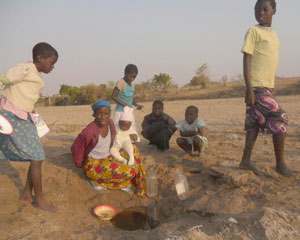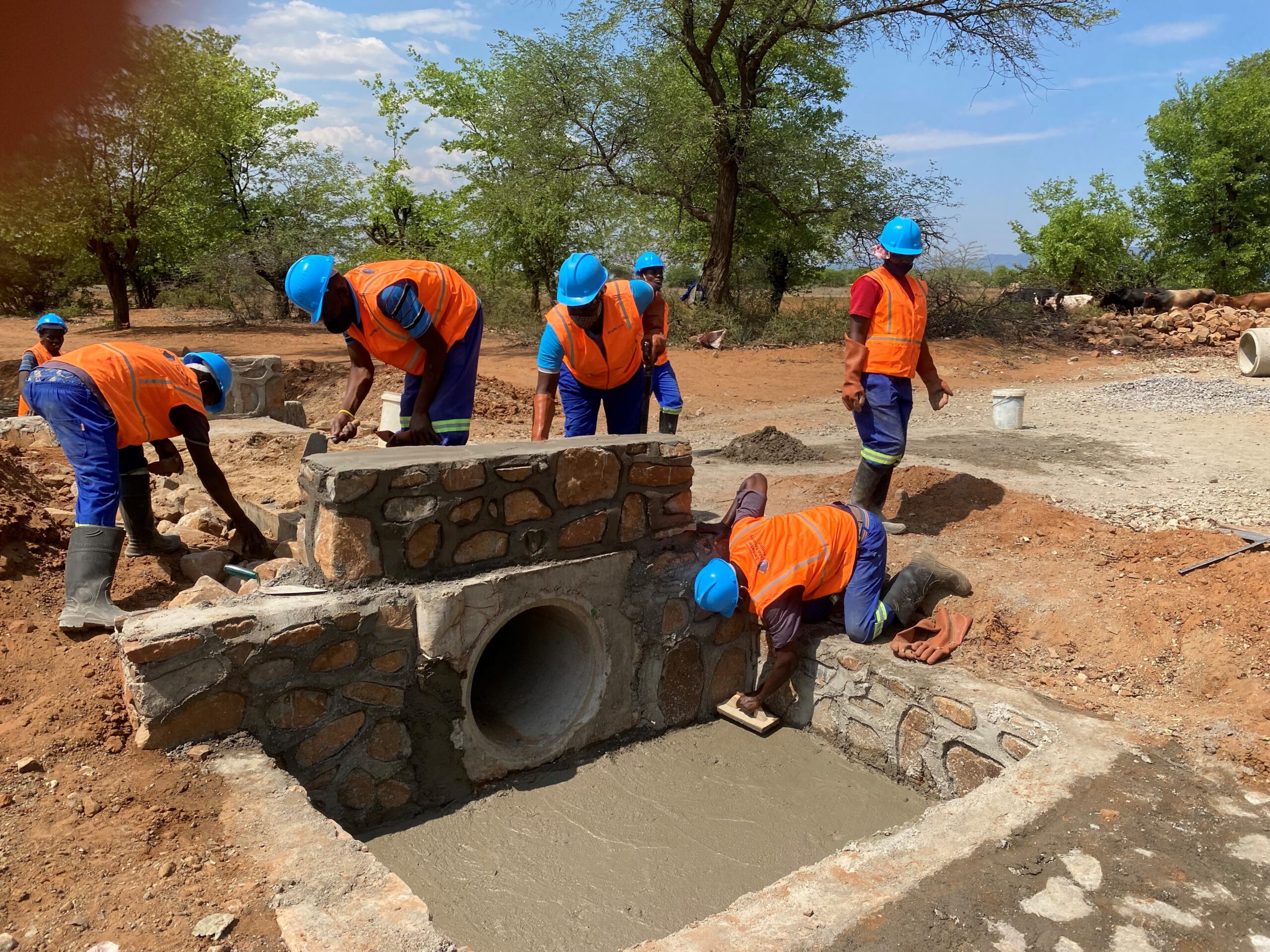
SOME suburbs in Mutare are facing a water crisis because of leakages of old pipes laid down several decades ago, a senior official with the council said last week.
BY CLAYTON MASEKESA
Mutare City Council engineer, Donald Nyatoti said the situation was being worsened by street car washers who vandalised the valves and pipes.
“We have old pipes that are bursting and this is occurring daily. We are hoping that we will attend to that matter urgently,” said Nyatoti. “They [street car cleaners] are tampering with the gate valves on the pipeline to access free water. Some of them leave the gate valves open, resulting in huge water volumes being put to waste. We are engaging our police to look into the matter.”
The worst affected high suburbs include Dangamvura, Chikanga and Sakubva, some of the most populated areas in the mountainous city.
The low-density areas have also not been spared. As a result of poor water supply, cases of suspected diarrhoea have been reported in some parts of Darlington, Palmerstone and Morningside low-density suburbs.
Some residents have started using the bush system, exposing the whole city to communicable diseases.
“We have no option but to use the bush,” said one resident of Palmerstone.
- Chamisa under fire over US$120K donation
- Mavhunga puts DeMbare into Chibuku quarterfinals
- Pension funds bet on Cabora Bassa oilfields
- Councils defy govt fire tender directive
Keep Reading
Loven Muchena of Darlington suburb said residents wake up early every day to look for water in other suburbs or from neighbours that have boreholes.
“We go to bed tired and wake up to do the same thing the following day.
“Residents staying in areas where there is water are now refusing to let us get water from their houses, while others are charging us,” he said.
Some enterprising youths are selling water for US$3 per 20 litres.
Said Marylyn Muswe of Morningside: “The bush is now stinking. We may have diseases in the area.”
Residents fear the outbreak of diseases such as typhoid, cholera and dysentery. In 2008 over 4 000 people died of cholera in Harare after the city failed to supply running water to most high-density areas for several days.











